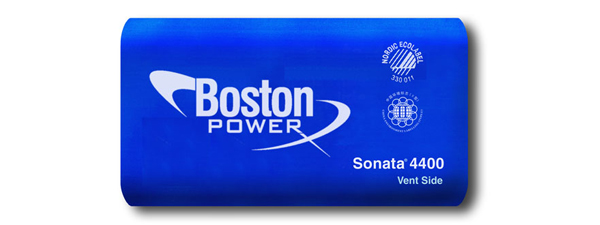Boston-Power, Inc. announced this week that it has entered a multi-year agreement to provide lithium-ion battery systems to Beijing Electric Vehicle Company (BJEV), the electric vehicle delivery arm of Beijing Automotive Industry Company. Boston-Power’s Swing 5300 cells will be used in multiple BJEV models and brands, beginning with the C70 sedan, which is based on the 9-5 Saab chassis, and is scheduled to go on sale later this year.
The Swing 5300 cell sports a cobalt and manganese cathode and a graphite anode, boasts an energy density of 490 Wh/L or 207 Wh/kg (186 Wh/kg usable at 90% Depth of Discharge), and is designed to have a 10-year reliable life. Operating temperature range is -40° C to 70° C, constant power is 440 W/kg, and pulse power is 1000 W/kg.
Boston-Power already has a plant in Taiwan, and is establishing an R&D and EV battery engineering facility in China, as well as a manufacturing facility outside Shanghai that is scheduled to be up and running by the end of the year.
Boston-Power founder Christina Lampe-Önnerud said, “China is already the number one car market in the world; I think they are quite determined to be number one in electric. I think Boston-Power has a chance to be one of the players that enable that dream. China is taking off in electric transport. They are the real market. In the US today, unfortunately, we lost a lot of that policy, and have debated whether we need the policy, whereas China is extremely clear they are not able to grow [the electric vehicle market] without it. Strategically, I think that’s a better market.”
The Chinese government offers a range of grants, low-interest loans and other financial incentives for high-tech vehicles. China’s State Council has announced a goal of producing 500,000 PHEVs and EVs by 2015, and two million units by 2020.
Source: GreenCarCongress
Image: Boston Power




















































































